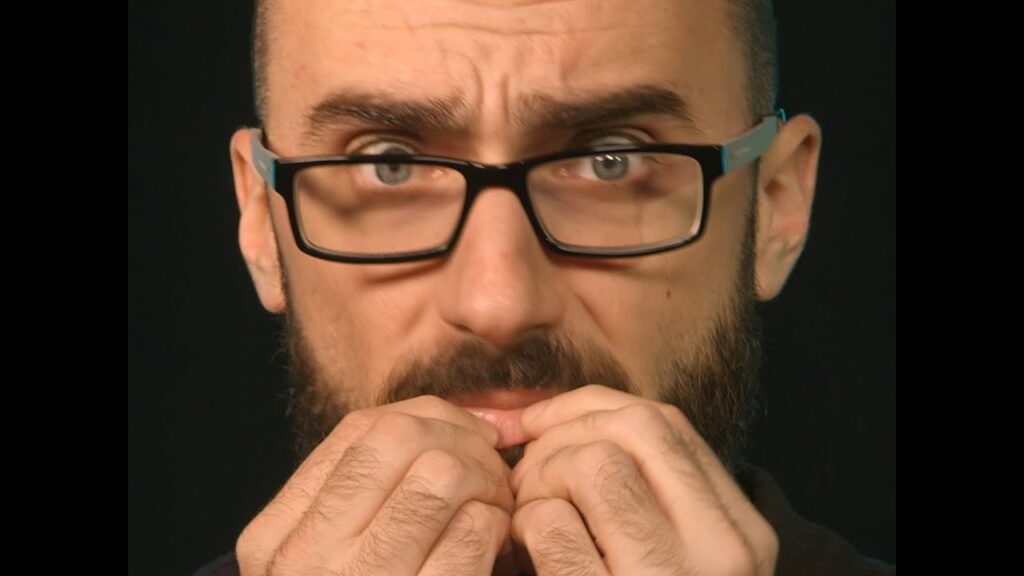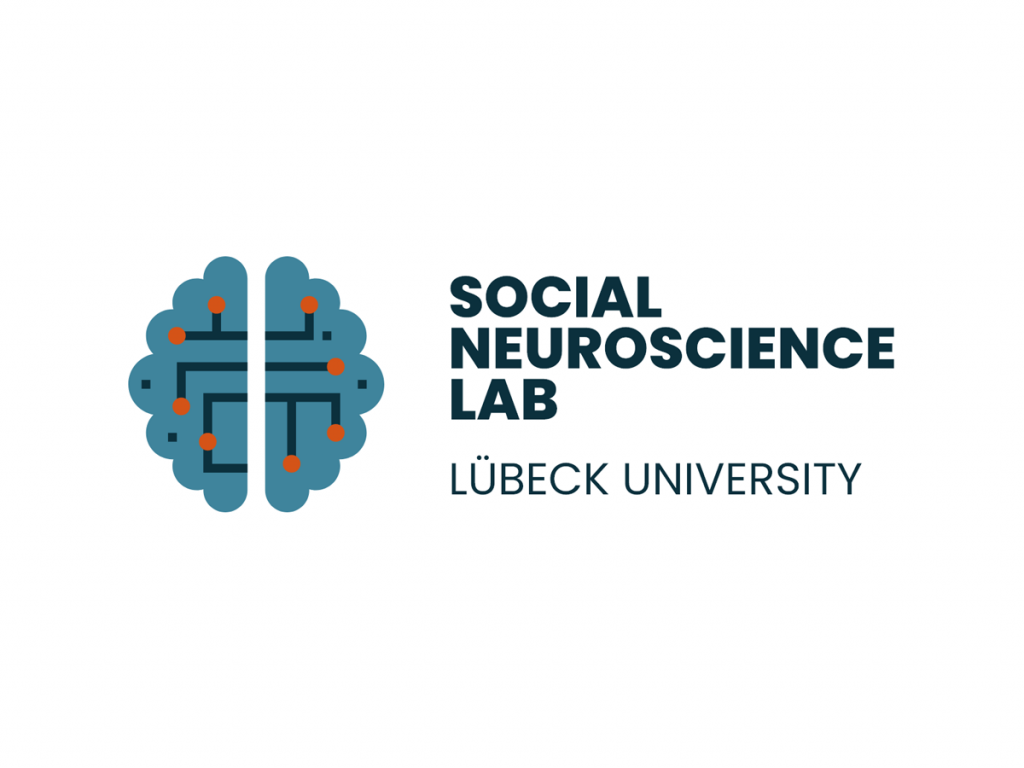“The Science of Awkwardness” by VSauce
For anybody who is interested in research on vicarious embarrassment we do recommend to watch this very illustrative and informative Youtube-video. It nicely summarizes the neural mechanisms underlying empathy and how these relate to vicarious emotions such as “Fremdscham”
“The Science of Awkwardness” by VSauce Read More »









